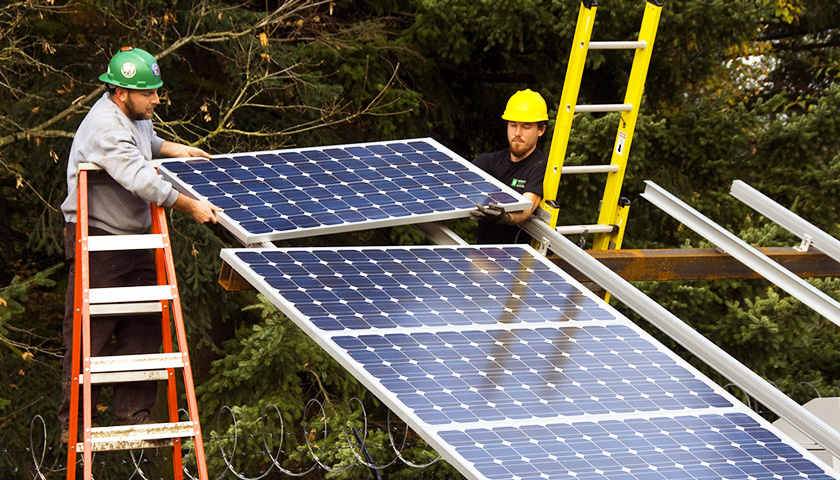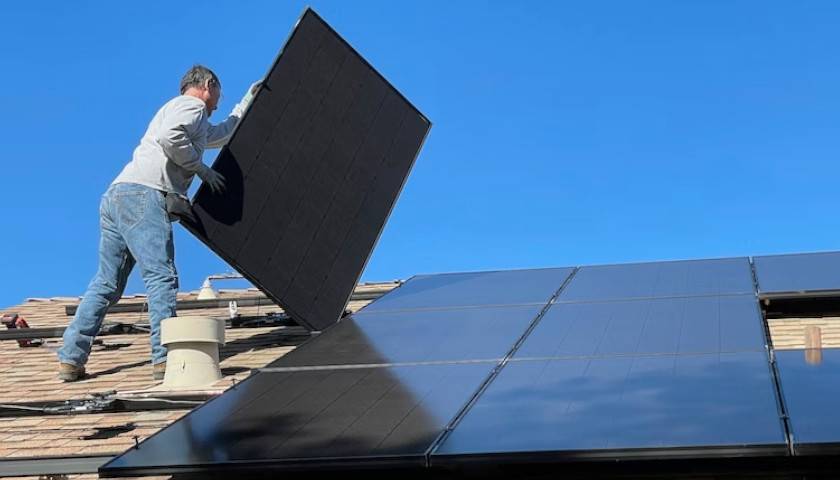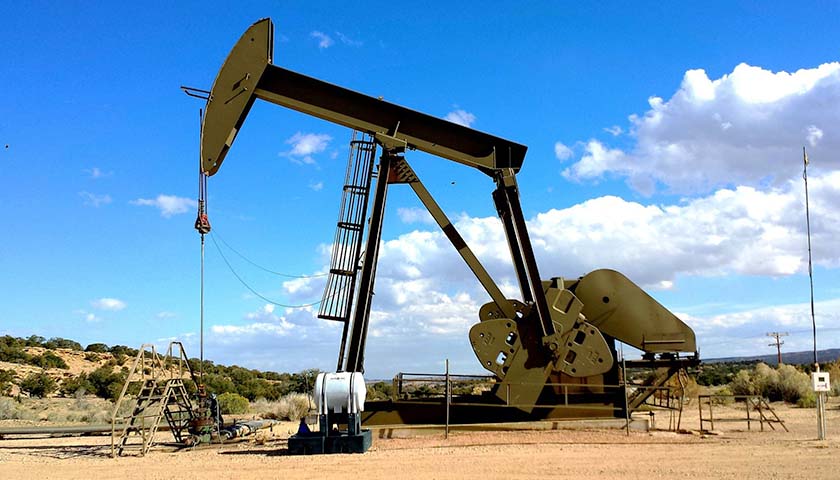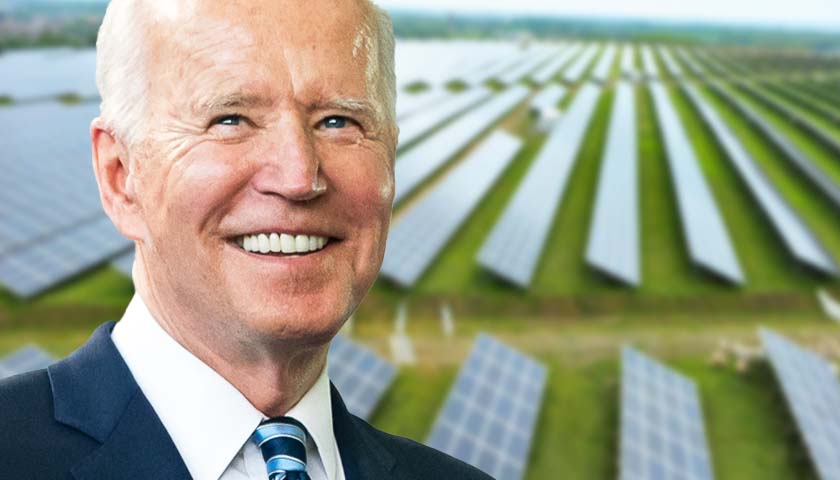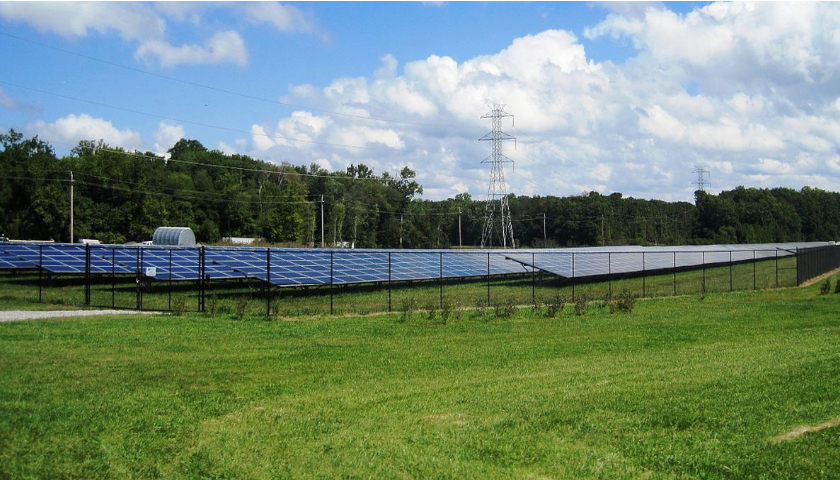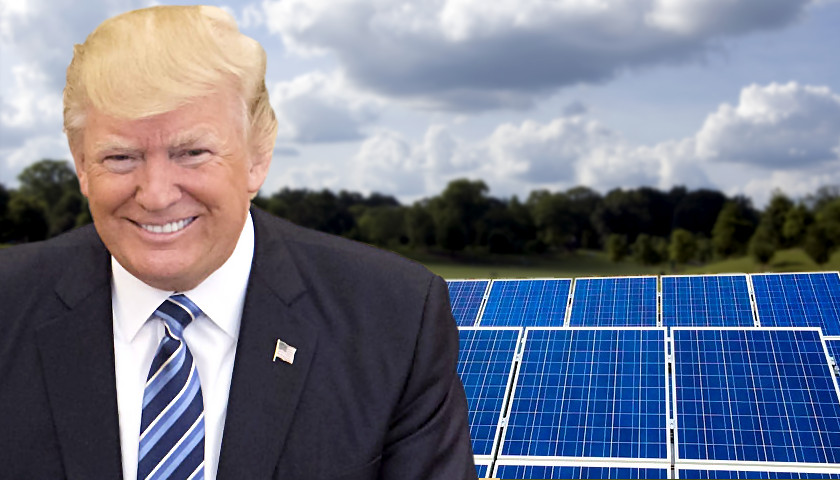This week, the U.S. Senate Energy Committee is examining the feasibility of building domestic supply chains for crucial minerals. The U.S. is currently completely dependent on imports of rare earth elements (REEs) that will determine whether the Biden Administration’s environmental and electrification goals are met. REEs also are used in essential defense systems like fighter jet engines, missile guidance and defense systems, and secure communication networks. Regardless if you are a champion of environmental protection or a strong national defense, bringing crucial supply chains to the U.S. will result in less emissions, higher environmental standards, and more control over materials that are the key to a greener and more secure future.
Green technology that underpins solar panels, wind turbines, and the lithium-ion batteries that store energy all require REEs. Neodymium, cobalt, copper, and lithium are all used in electrical vehicles, and those minerals are just a few of the 17 key minerals that the U.S. is completely dependent on imports for, and they’re a fraction of 29 other minerals that the U.S. imports half its domestic needs.
Read More


